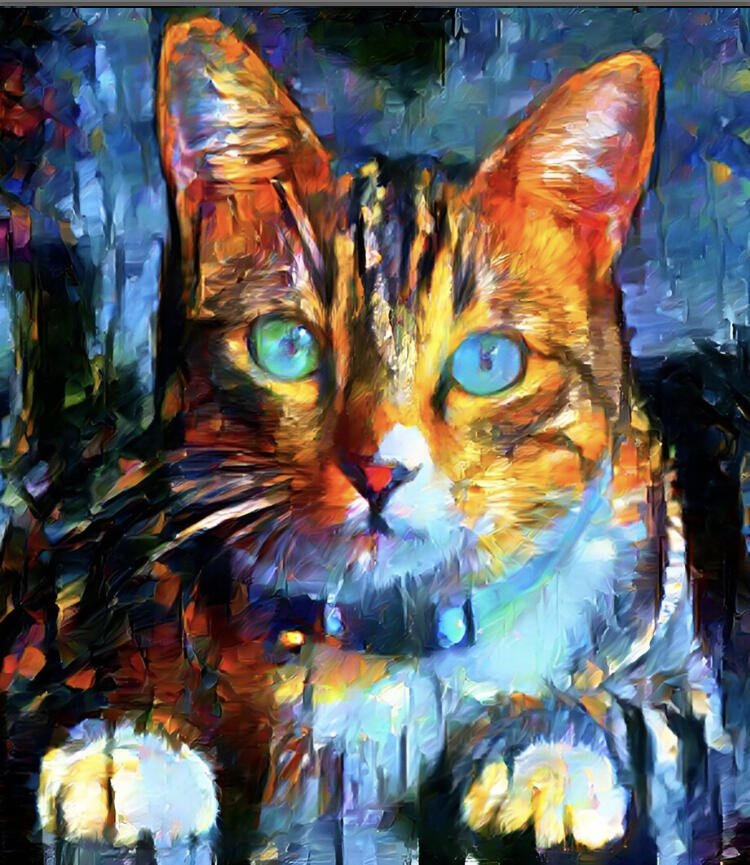To understand how permutations among primes where p ≥ 5 (mod 6) can be used to prove the existence of infinite twin primes, we first need to understand the connection between twin primes and primes that are congruent to 5 and 7 (mod 6).
It is known that twin primes are pairs of primes that differ by 2. For example, (3, 5), (5, 7), (11, 13) are all twin prime pairs. In order to prove the existence of infinite twin primes, we need to show that there are infinitely many prime pairs that differ by 2.
One way to do this is to consider primes that are congruent to 5 and 7 (mod 6). It can be shown that every prime number greater than 3 is congruent to either 1 or 5 (mod 6). Therefore, a prime that is congruent to 5 (mod 6) will always be followed by a prime that is congruent to 7 (mod 6), and vice versa.
Now, let us consider a permutation of the primes where p ≥ 5 (mod 6). We can write this permutation as a product of disjoint cycles, where each cycle corresponds to a sequence of primes that differ by 2. For example, one cycle might correspond to the twin prime pair (5, 7), another cycle might correspond to the twin prime pair (11, 13), and so on.
If we can show that this permutation is infinite, then we have shown that there are infinitely many twin primes. To do this, we use a sieve argument. Suppose that the permutation is finite, and let N be the largest prime in the permutation. We then consider the product of all primes in the permutation, which we denote by P.
Now, consider the number P + 1. Since all primes in the permutation are congruent to 5 or 7 (mod 6), it follows that P is congruent to 1 (mod 6). Therefore, P + 1 is congruent to 2 (mod 6), which means that it has a prime factor that is congruent to 5 or 7 (mod 6). However, this prime factor cannot be in the permutation, since it would divide P. Therefore, there must be a prime pair outside of the permutation that differs by 2, contradicting the assumption that the permutation is finite.
Thus, we have shown that the permutation of primes where p ≥ 5 (mod 6) is infinite, and therefore there are infinitely many twin primes.

